20 Little-Known Facts About the Origins of Popular Music Genres
The haunting bend of a blues note, the raw energy of punk, the smooth groove of soul—these iconic sounds shape modern music. Yet behind each familiar rhythm lies an unexpected tale of innovation, necessity, and cultural exchange.
These stories reveal the fascinating origins behind the soundtracks of our lives.
The Blues’ Bent Notes Came from African Languages
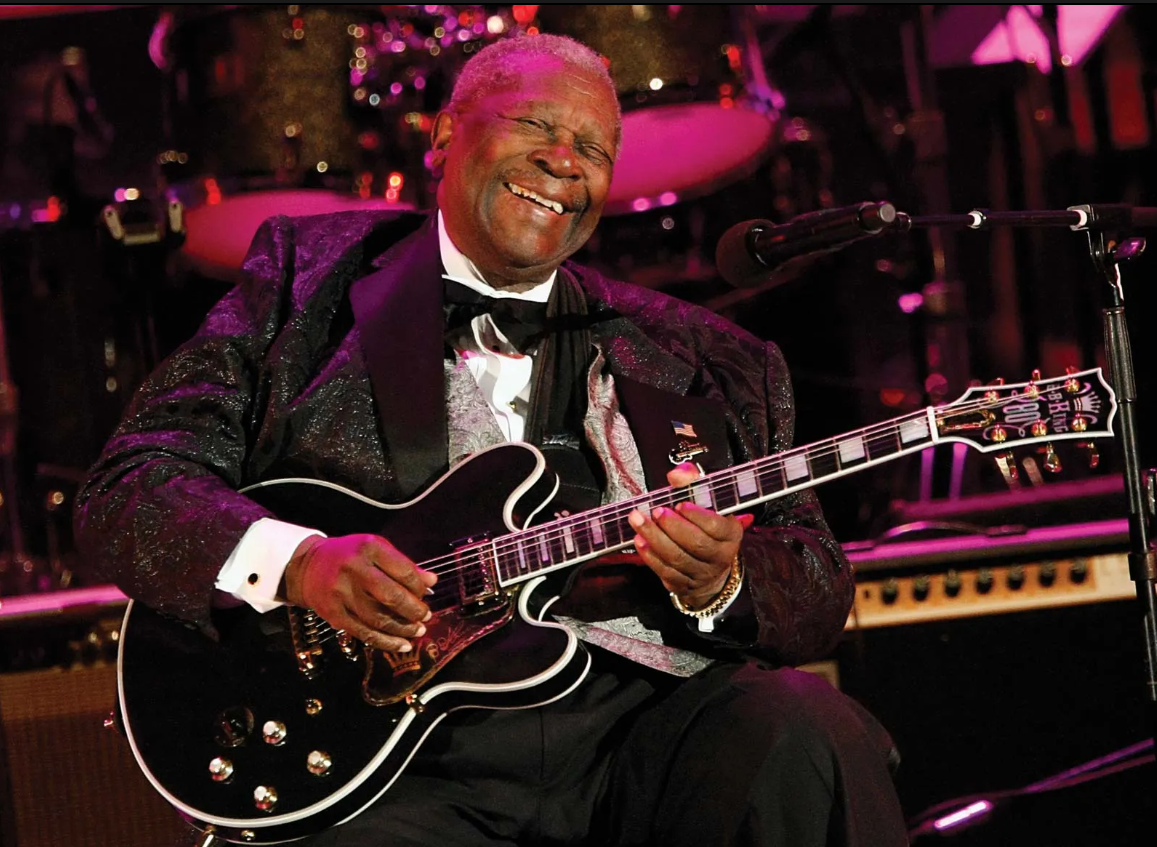
The soulful bent notes defining blues music trace back to West African linguistic roots. Traditional African languages used subtle pitch variations to convey meaning.
When enslaved people were forced to abandon their native tongues, these tonal inflections found new life in music, creating the signature sound of the blues.
Punk’s Raw Sound Was Born from Broken Equipment
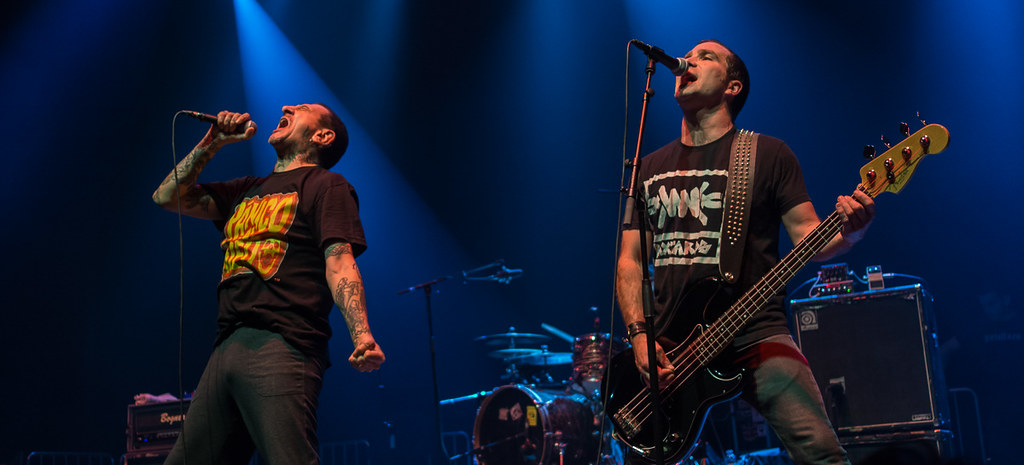
The distinctive distortion of punk rock emerged from an equipment malfunction. When a sound engineer discovered his damaged amplifier produced an aggressive buzz, musicians began intentionally roughing up their gear.
That happy accident birthed punk’s signature sound.
Like Go2Tutors’s content? Follow us on MSN.
Jazz Improvisation Started in Funeral Processions
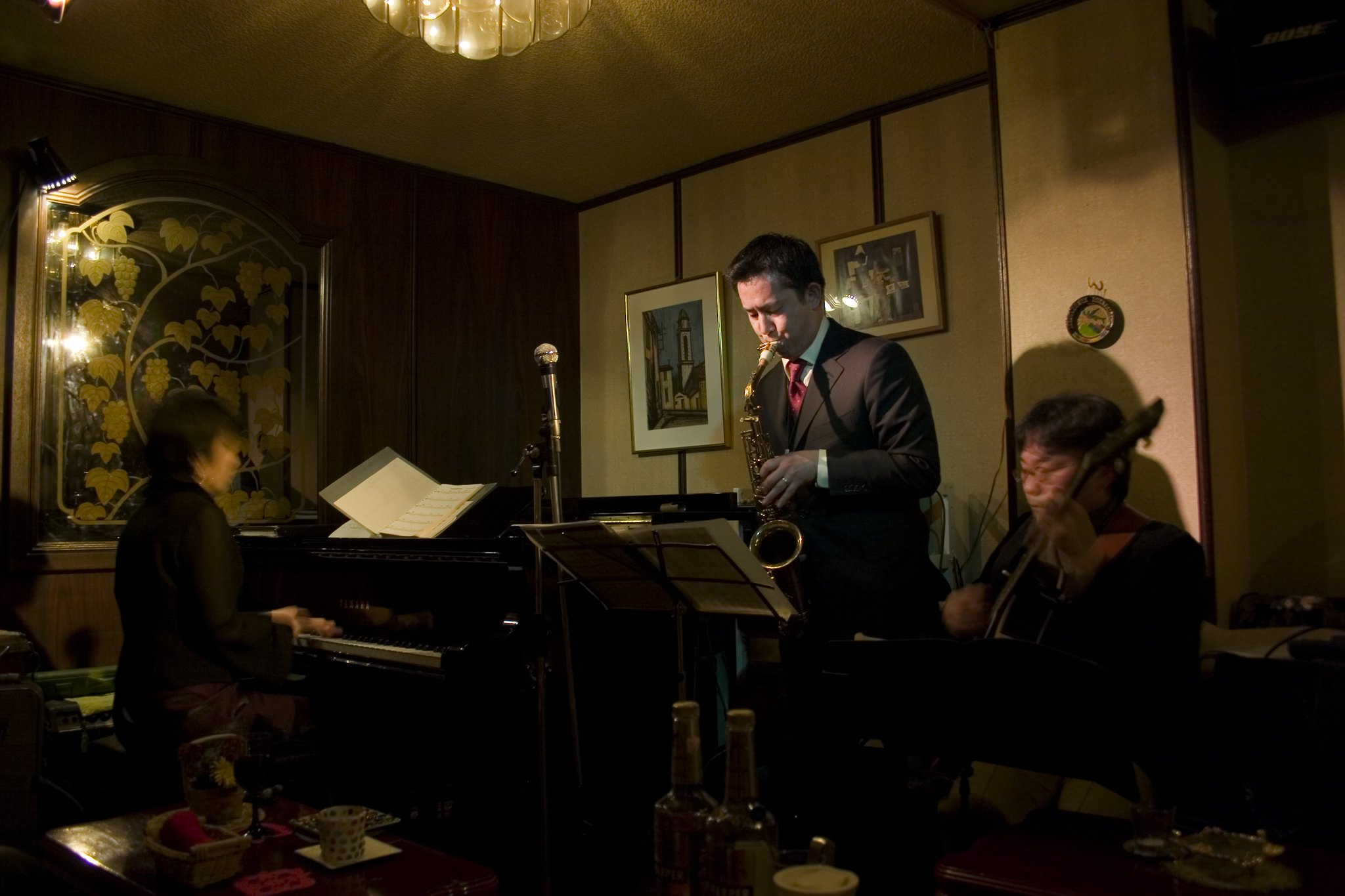
The roots of jazz improvisation lie in New Orleans funeral traditions. Musicians played solemn hymns en route to burial grounds, then burst into spontaneous, joyous tunes for the journey back.
This practice evolved into the freewheeling solos that define jazz.
Rock and Roll’s Name Came from Ship Movement
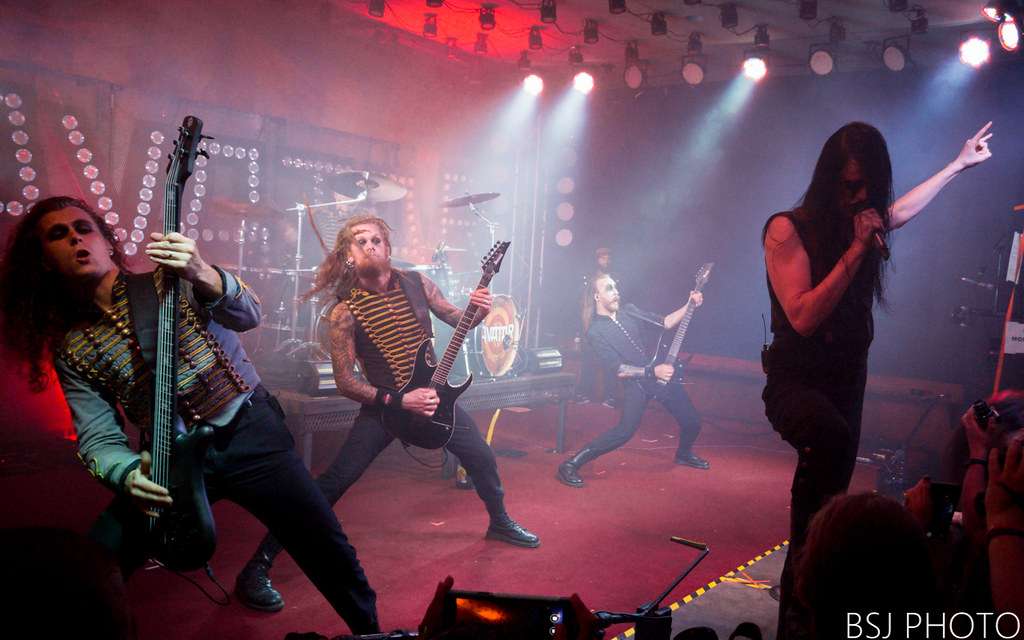
Maritime history gave rock and roll its name. Sailors used the phrase to describe ships swaying at sea before it became dance slang in African American communities.
Radio DJs later adopted the term for the emerging sound of the 1950s.
Disco’s Four-on-the-Floor Beat Was for Factory Workers
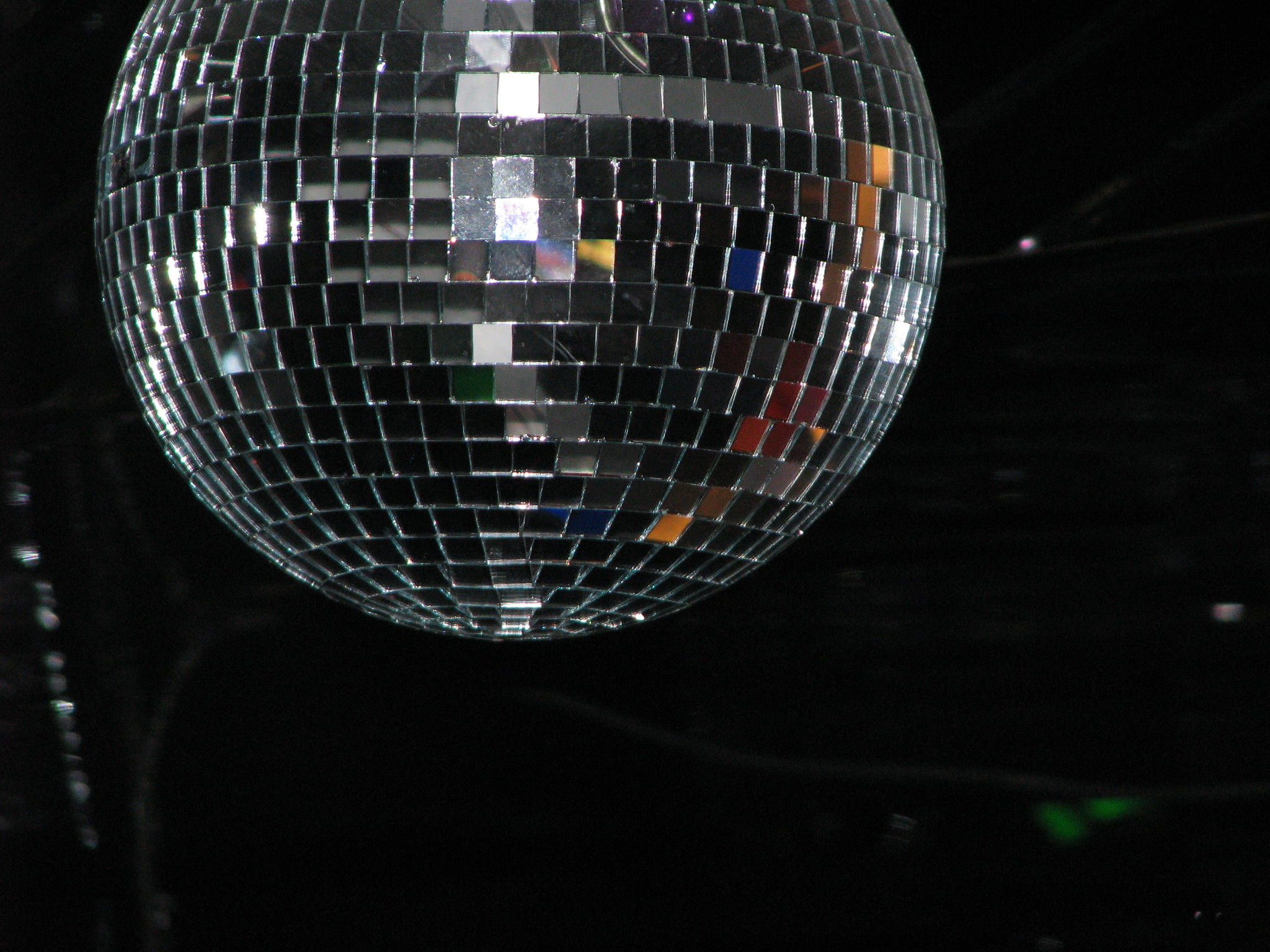
Detroit’s industrial heritage shaped disco’s steady pulse. Factory workers, accustomed to mechanical rhythms during their shifts, gravitated toward similar beats in nightclubs.
This workforce connection helped create disco’s trademark sound.
Like Go2Tutors’s content? Follow us on MSN.
Country Music’s Twang Came from Celtic Immigrants
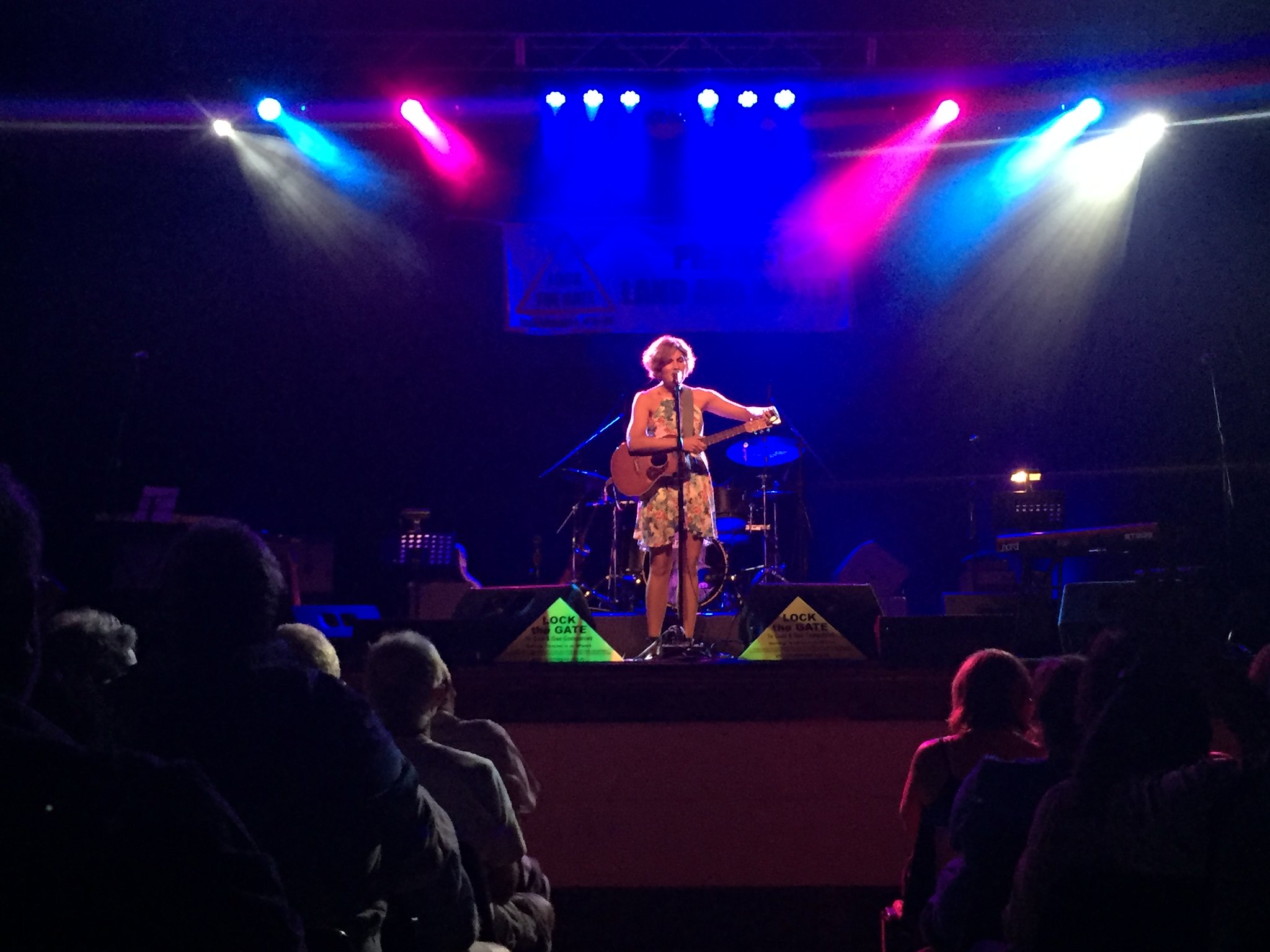
The distinctive vocal break in country music has Celtic origins. Scottish and Irish settlers in Appalachia preserved their traditional singing techniques, including the note-bending that became country’s characteristic twang.
Electronic Music Started with a Phone Company

Bell Labs sparked the electronic music revolution by accident. Their engineers created the first synthesizer to study telephone audio frequencies.
Musicians later transformed this communication tool into an instrument of innovation.
Hip-Hop’s Sampling Began with Technical Limitations
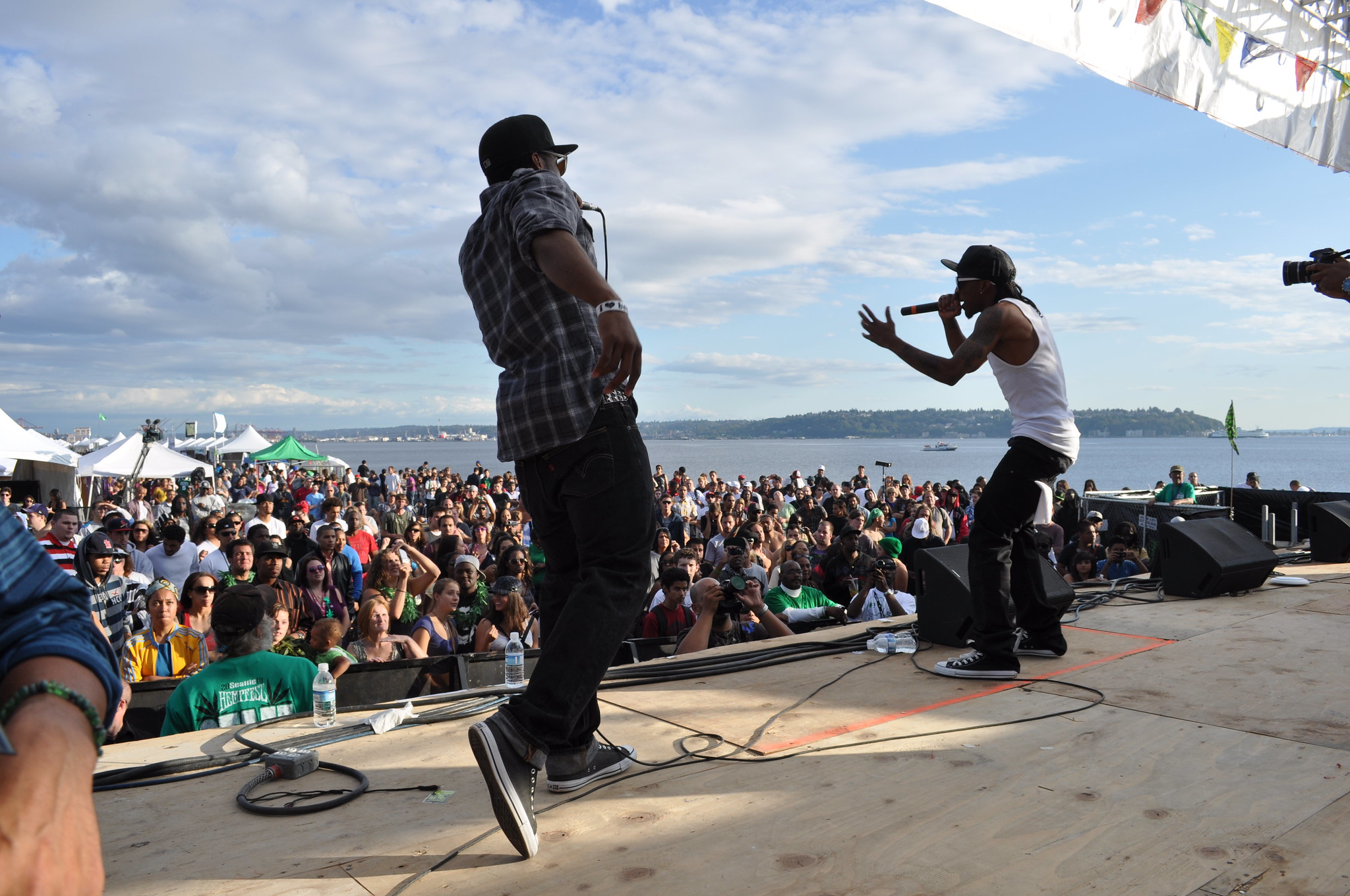
Financial constraints drove hip-hop’s sampling culture. Unable to afford conventional instruments, early artists turned turntables and existing records into creative tools.
This transformed necessity into artistic expression.
Like Go2Tutors’s content? Follow us on MSN.
Metal’s Power Chords Were an Accident
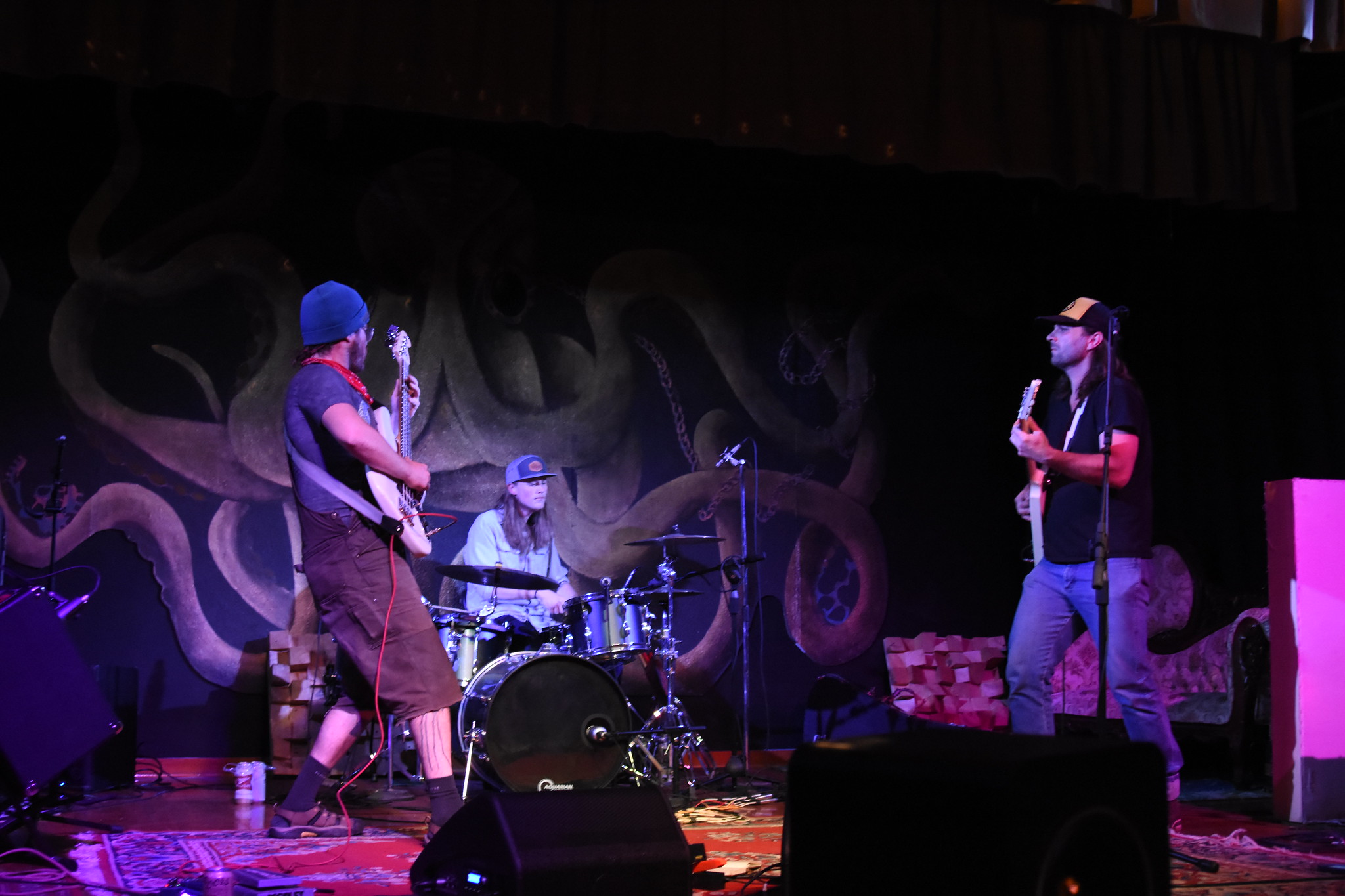
A falling amplifier created heavy metal’s signature sound. When a guitarist’s speaker cone suffered damage, the resulting distortion became foundational to the genre’s aggressive style.
Reggae’s Offbeat Rhythm Came from Radio Static
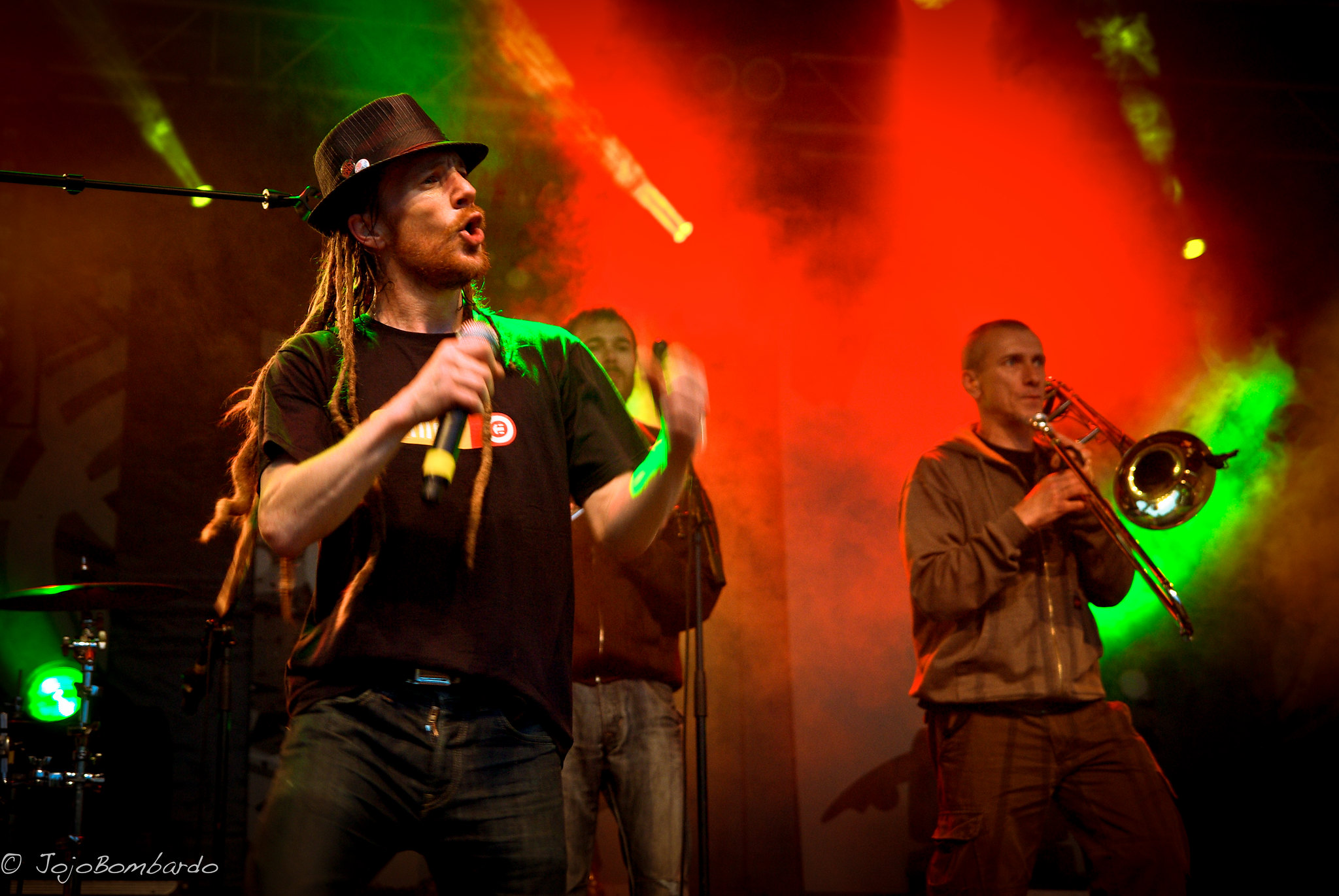
Static-filled American R&B broadcasts shaped reggae’s distinctive rhythm. Jamaican musicians filled reception gaps with offbeat patterns.
This created the genre’s characteristic skank.
Grunge Started in Coffee Shops
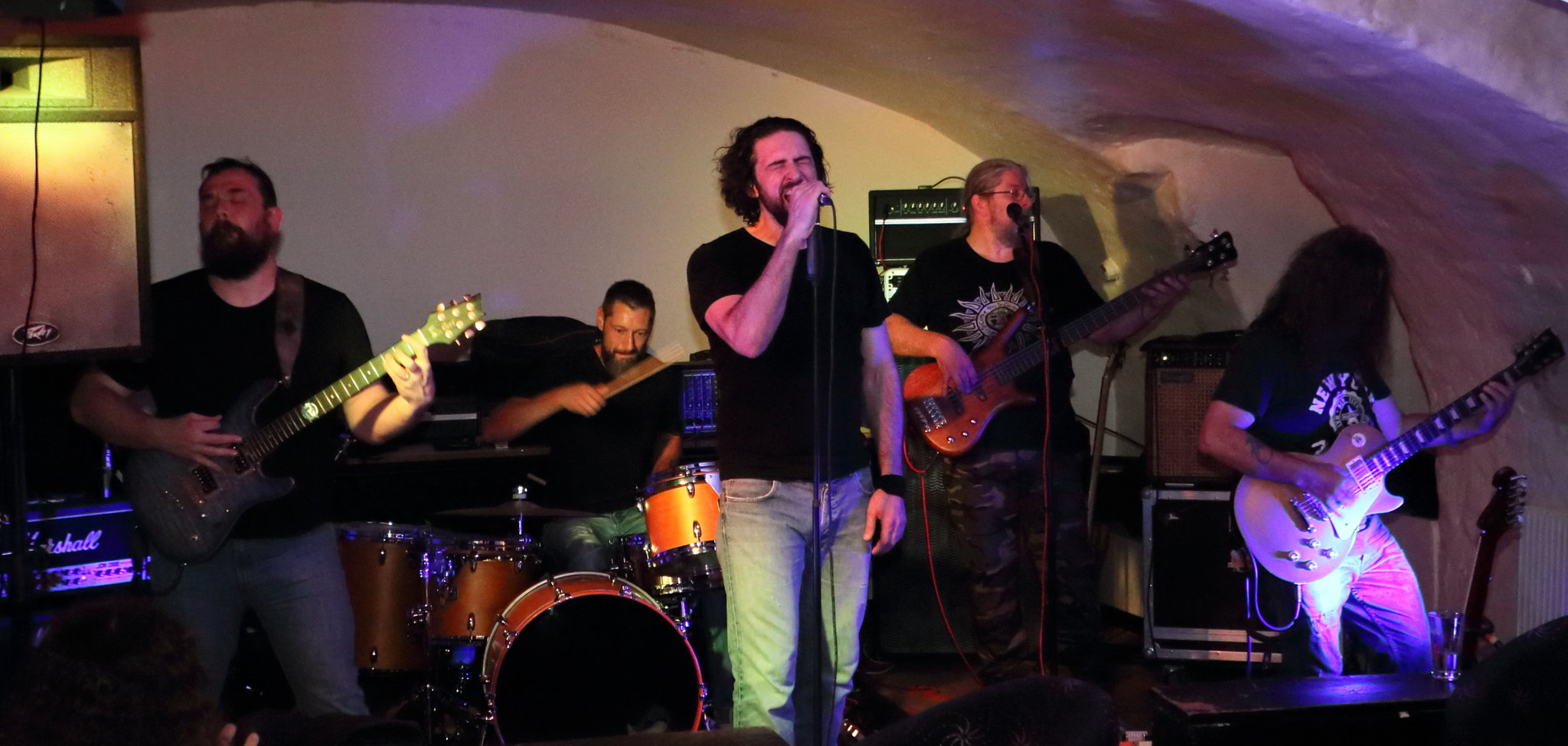
Seattle’s café culture birthed the grunge movement. Barista-musicians formed creative networks during coffee shop shifts.
This laid the groundwork for the genre’s collaborative spirit.
Like Go2Tutors’s content? Follow us on MSN.
Pop Music’s Verse-Chorus Structure Comes from Medieval Churches

Medieval church services shaped modern pop structure. Congregational responses to priests’ verses evolved into today’s verse-chorus pattern.
Soul Music’s Call-and-Response Came from Field Work
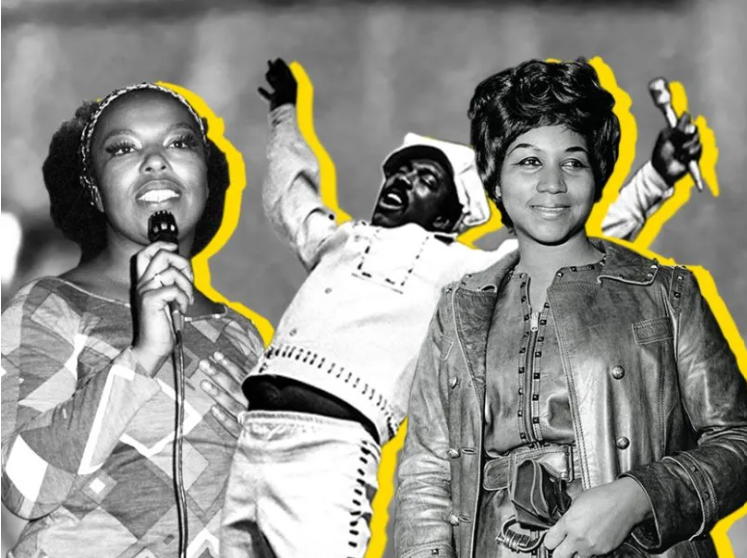
Agricultural labor practices influenced soul music’s structure. Field workers used vocal exchanges to coordinate movement and maintain rhythm.
This established patterns that became soul’s emotional core.
Techno’s Repetitive Beats Were Inspired by Factory Sounds

Detroit’s auto plants influenced early techno. The genre’s mechanical precision mirrors assembly line rhythms.
This reflects its industrial birthplace.
Like Go2Tutors’s content? Follow us on MSN.
Bluegrass Harmony Came from Church Hymns
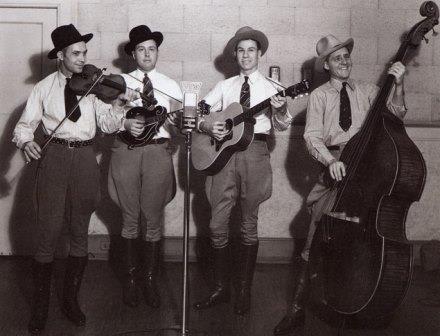
Shape-note singing in rural churches developed bluegrass’s distinctive harmonies. This geometric teaching method helped congregations master complex vocal arrangements.
These techniques shaped the genre’s sound.
R&B’s Walking Bass Line Started in Barbershops

Barbershop quartets pioneered R&B’s signature bass patterns. Bass singers created rhythmic foundations through improvised lines.
This technique transferred seamlessly to early R&B bands.
Alternative Rock’s Distortion Came from Broken Recording Equipment
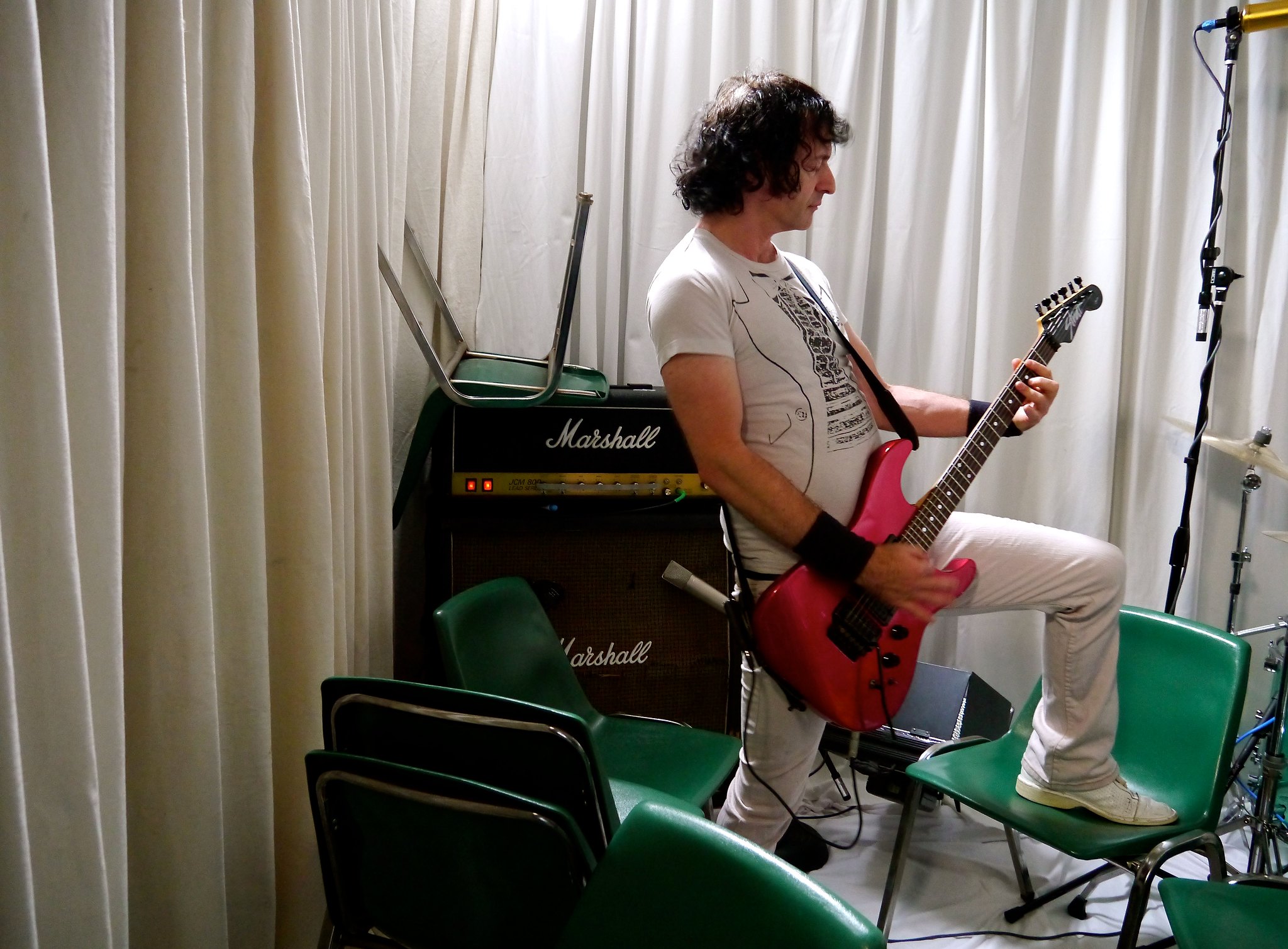
Technical problems created alternative rock’s fuzzy sound. A malfunctioning recording console produced unique distortion.
Bands began deliberately recreating this effect.
Like Go2Tutors’s content? Follow us on MSN.
Salsa’s Complex Rhythms Emerged from Religious Ceremonies
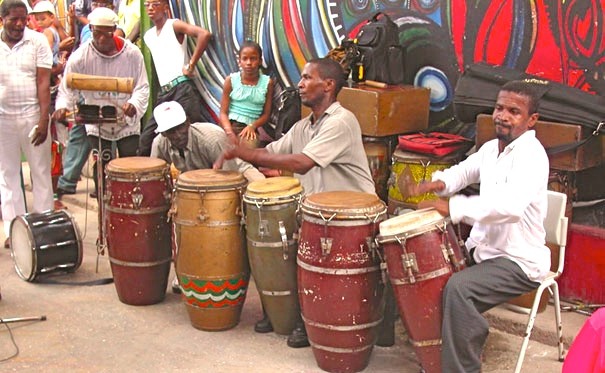
Santería ceremonies shaped salsa’s rhythmic complexity. Sacred African percussion patterns, brought to the Caribbean through slavery, evolved into popular dance rhythms.
Folk Revival’s Finger-Picking Style Came from Classical Guitar
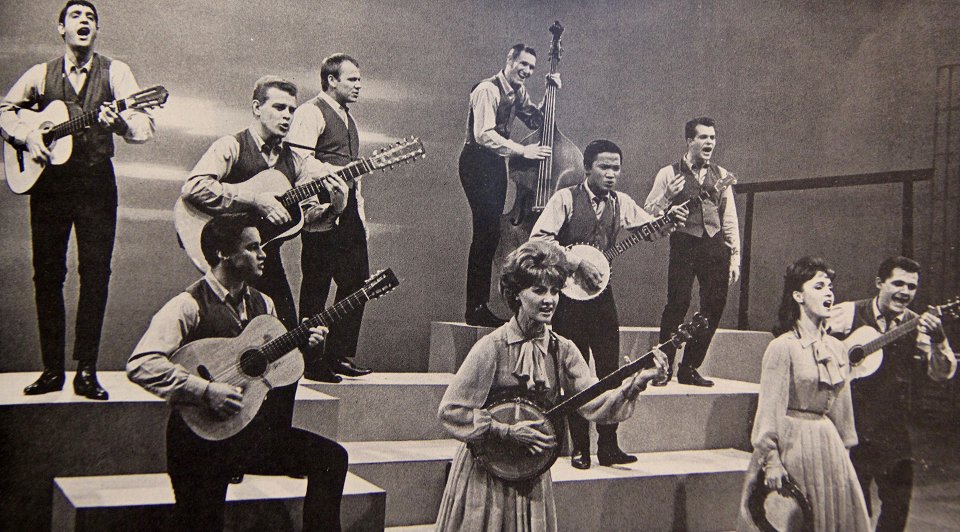
Classical guitar techniques transformed folk music. Revival artists adapted these traditional methods, blending them with American folk.
This created distinctive fingerpicking patterns.
EDM’s Drop Came from Radio Static

Radio interference shaped electronic dance music’s dynamics. DJs learned to build tension during static bursts, then release it when signals cleared.
This created the modern drop.
Like Go2Tutors’s content? Follow us on MSN.
Looking Forward Through the Past

Music evolves through unexpected connections and cultural exchange. Modern artists continue pushing boundaries, blending traditions with technology.
Each innovation plants seeds for tomorrow’s musical breakthroughs.
More from Go2Tutors!

- 15 Unforgettable Candy Bars From The 60s and 70’s That Disappeared Too Soon
- 15 Myths About Famous Historical Figures That Aren’t True
- Famous Battles: How Much Do You Really Know About U.S. History?
- 20 Historical Artifacts That Scientists Can’t Explain
- 15 Little-Known Facts About Famous Historical Events
Like Go2Tutors’s content? Follow us on MSN.



